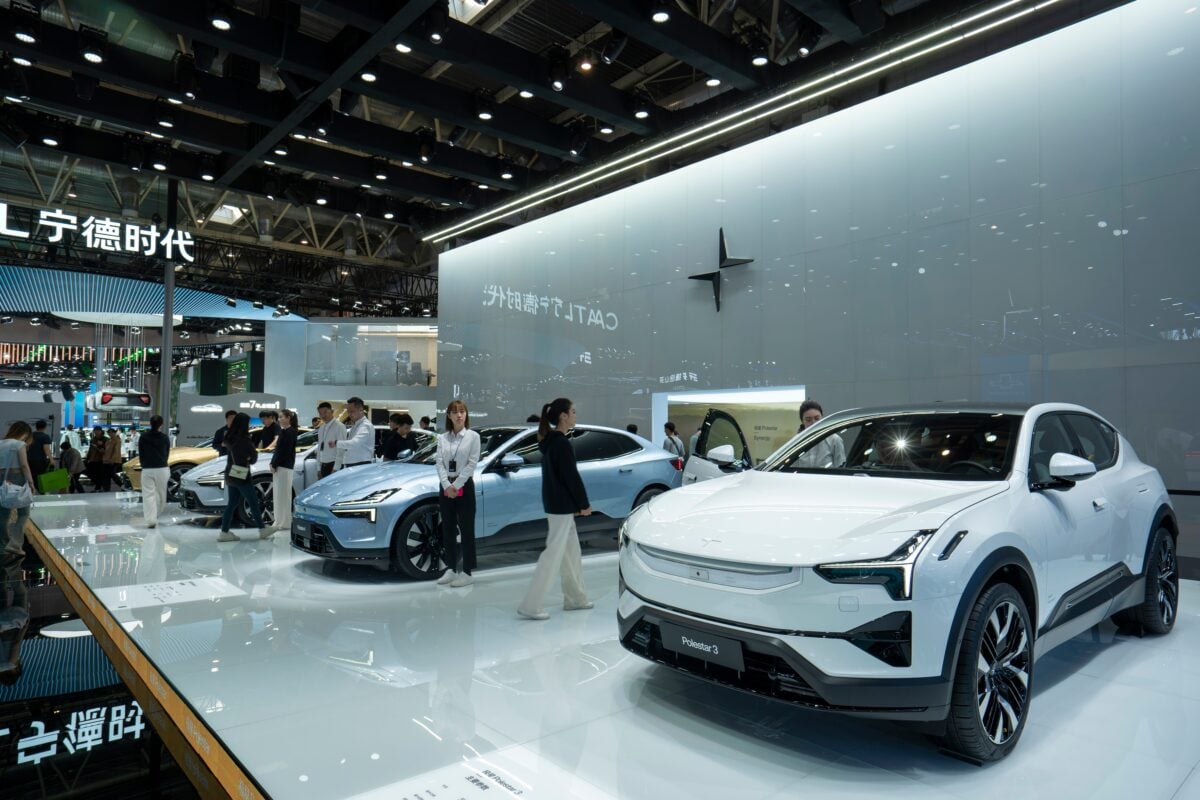TLDRs;
Contents
- Hyundai, Audi, and BYD are betting on electric sedans to capture South Korea’s evolving EV consumer base.
- Hyundai relaunched its IONIQ 6 sedan with a 562 km range, positioning it as Korea’s longest-range EV.
- Audi introduced the A6 e-tron, boosting premium competition as its sales in Korea surged 36.3% year-on-year.
- BYD’s Seal sedan offers affordability and speed, priced at just US$28,700 after subsidies with 3.8-second acceleration.
South Korea’s electric vehicle (EV) market is entering a new phase of competition as global and domestic automakers race to capture consumer demand for electric sedans.
Long dominated by SUVs, the market is now seeing a strategic pivot toward sleeker, more efficient models designed to balance performance, affordability, and range.
Hyundai, Audi, and BYD are leading the charge with new sedan offerings tailored to South Korean drivers. This shift underscores a broader transformation in the nation’s automotive industry, one that only a few years ago viewed electric vehicles with skepticism.
Hyundai bets big on the IONIQ 6
Hyundai Motor Company has reintroduced a redesigned version of its IONIQ 6, three years after the model first debuted in 2022. The sedan, now considered the company’s flagship EV, boasts a market-leading driving range of up to 562 kilometers on a single charge.
Despite its long-range performance, the IONIQ 6 has been priced competitively at under 50 million won (approximately US$35,800), positioning it as a direct challenger to foreign imports that often come with higher price tags but shorter ranges.
This move highlights Hyundai’s rapid evolution in the EV space. In 2018, Hyundai’s own union leaders dismissed electric cars as “evil,” warning they could wipe out 70% of jobs due to simpler production requirements. Today, however, the automaker is not only embracing EVs but also leaning on them as a competitive edge in both local and global markets.
German automaker Audi has joined the sedan race with the launch of its A6 e-tron in Korea. The luxury electric sedan offers a 469-kilometer range and can accelerate from 0 to 100 kilometers per hour in just 5.4 seconds.
The introduction of the A6 e-tron comes as Audi Korea reports strong sales momentum. In the first half of 2025 alone, the brand sold 4,910 vehicles, a 36.3% increase year-on-year.
Much of this growth was fueled by the success of its Q4 electric SUV, but the company is betting that premium sedans will further strengthen its foothold among South Korean consumers seeking a blend of performance and prestige.
BYD enters with aggressive pricing
Chinese automaker BYD has also begun delivering its Seal electric sedan to South Korean buyers. Following the earlier introduction of the Atto 3 compact SUV, the Seal marks BYD’s effort to win over drivers with an affordable yet high-performance offering.
Priced at around 40 million won (US$28,700) after government subsidies, the BYD Seal accelerates from 0 to 100 kilometers per hour in just 3.8 seconds, making it one of the fastest options in its class. The aggressive price point makes it a strong contender for cost-conscious consumers, and it also serves as a direct challenge to Hyundai’s IONIQ 6 and Audi’s more premium lineup.
Shifting demand reshapes EV strategy
The renewed focus on sedans reflects a calculated response to consumer demand in South Korea. While SUVs have dominated EV growth globally, sedans are now emerging as a preferred choice among Korean drivers, who value efficiency, aerodynamics, and extended driving ranges.
Market forecasts suggest that South Korea’s EV adoption is accelerating faster than expected. In 2024, EVs accounted for nearly 9% of new car sales, a figure that is projected to reach 20% by the end of 2025.
The current wave of sedan launches signals that automakers are not just competing on range and speed, but also strategically positioning themselves to meet consumer expectations of affordability and efficiency.


